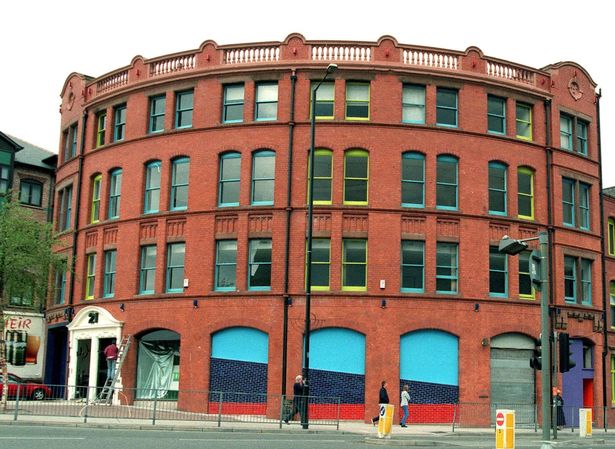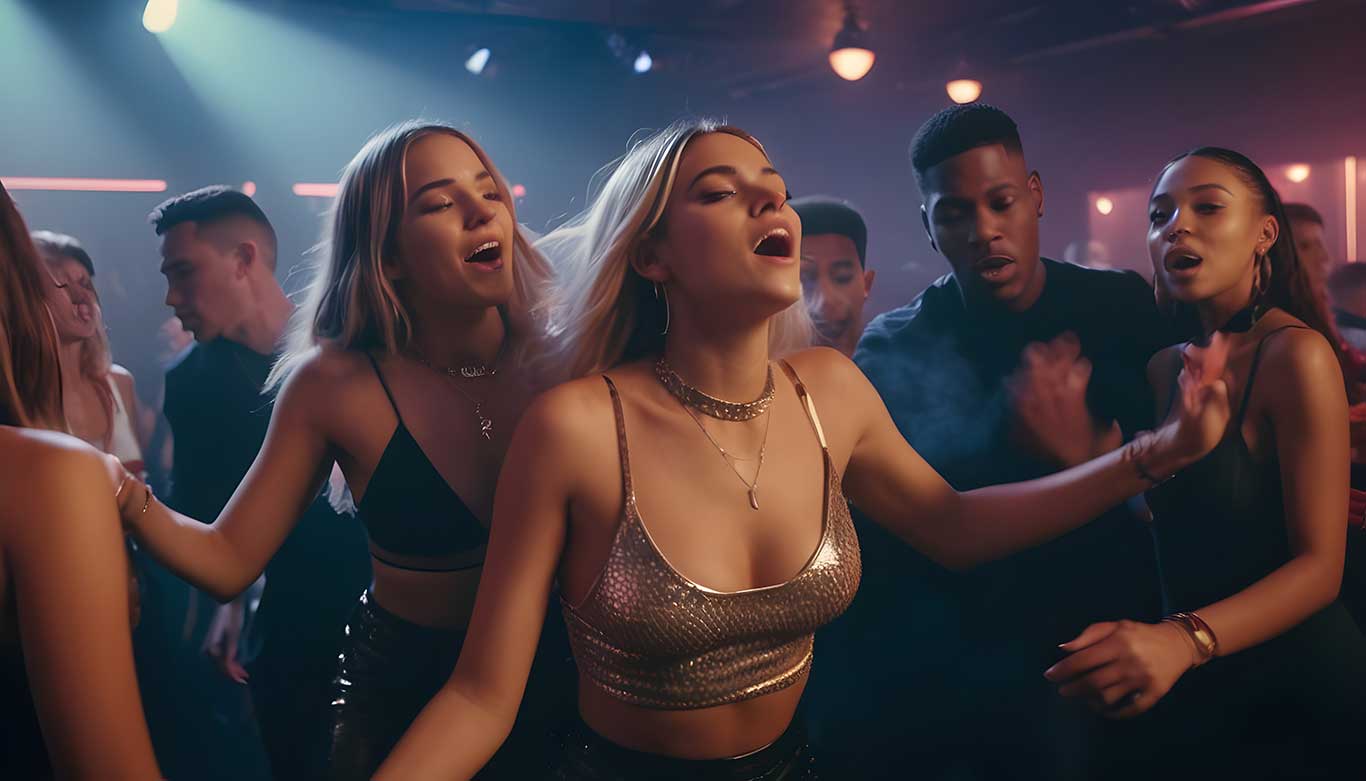The Madchester Music Scene
The "Madchester" scene was a vibrant and influential grassroots cultural movement that emerged from Manchester, UK, during the late 1980s and early 1990s. This era marked a renaissance in the city's music history, transforming it into a crucible of musical innovation that resonated nationwide with Britpop. The scene was a mix of alternative rock, psychedelic rock, and dance music, bloqing up as a unique sound that epitomised "livin' it Large".
Origins and Evolution
Madchester's roots can be traced to the independent music and club scenes of Manchester in the early 1980s. The pivotal change came with the rise of bands like the Stone Roses and the Happy Mondays, whose styles mixed rock with emerging dance music. This hybrid sound was heavily influenced by the concurrent rave culture and the increasing popularity of MDMA, which fostered a unique communal and euphoric atmosphere at gigs and clubs. It was the first time since the hippy movement of the 1960's a movement centred pn "getting loved up"
Key Bands and Musicians
The Stone Roses were quintessential to the Madchester scene, with anthems like "I Wanna Be Adored" and "She Bangs the Drums" that became the soundtrack of a generation. Similarly, the Happy Mondays fused indie dance music with their unique brand of funk and psychedelia, further characterizing the sound of the era. And who doesn't like Bez? He doesn't actually contribute musically but just being there was enough! He and Shaun Ryder now regularly feature on Channel 4's Gogglebox. From counter culture to National Treasures without ever selling out!
Oasis, brothers Noel Gallagher and Liam Gallagher although often more associated with Britpop, also found its nascent stage in this rich environment. When not punching each other their early sound, shaped amidst the tail-end of Madchester, incorporated the swagger and straightforward rock ethos that later defined Britpop.
Major Players
Granada TV presenter Tony Wilson, the co-founder of Factory Records and the famed Haçienda nightclub, was a central figure in the Madchester scene. His commitment to fostering local talent and his visionary approach to music production and promotion were instrumental. Factory Records housed bands like Joy Division and New Order, whose post-punk and electronic influences were critical in shaping the sounds of the era.
Iconic Venues

The Haçienda nightclub, owned by Factory Records, was more than just a nightclub; it was a cultural icon that became synonymous with the Madchester scene. It played a pivotal role in integrating rave culture into the music scene, hosting legendary nights that mixed live rock performances with DJ-led dance sessions. Now it is apartments!
Cultural Impact and Landmark Events
The cultural impact of Madchester was profound, influencing fashion, language, and lifestyles, characterizing the youth of the era with baggy jeans, bucket hats (beany hats), and a hedonistic attitude. Landmark events like the Spike Island concert by the Stone Roses in 1990 served as a defining moment for the scene, symbolizing its peak and the broad appeal of its music.
Legacy
The nationwide recognition of Madchester helped shift the UK's musical epicenter from London to Manchester for a significant part of the early 90s. The scene's influence persists in the British rock and indie genres and continues to be referenced and revered in modern music culture.
